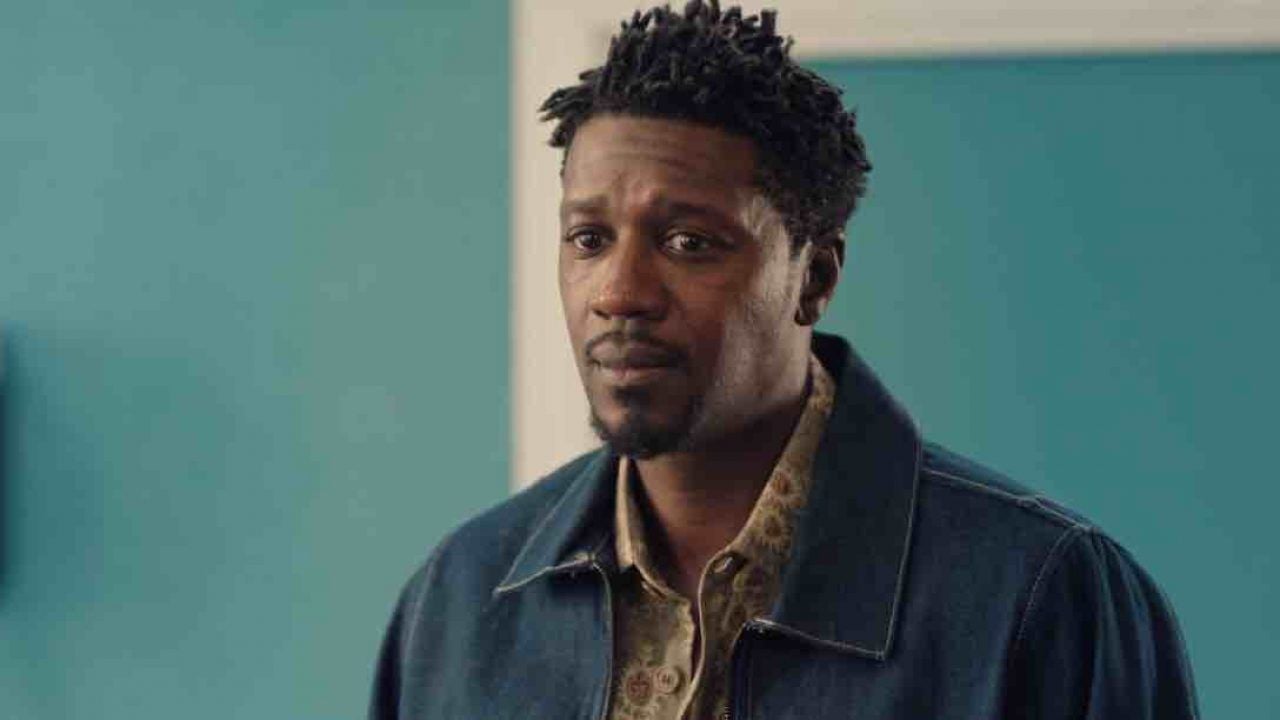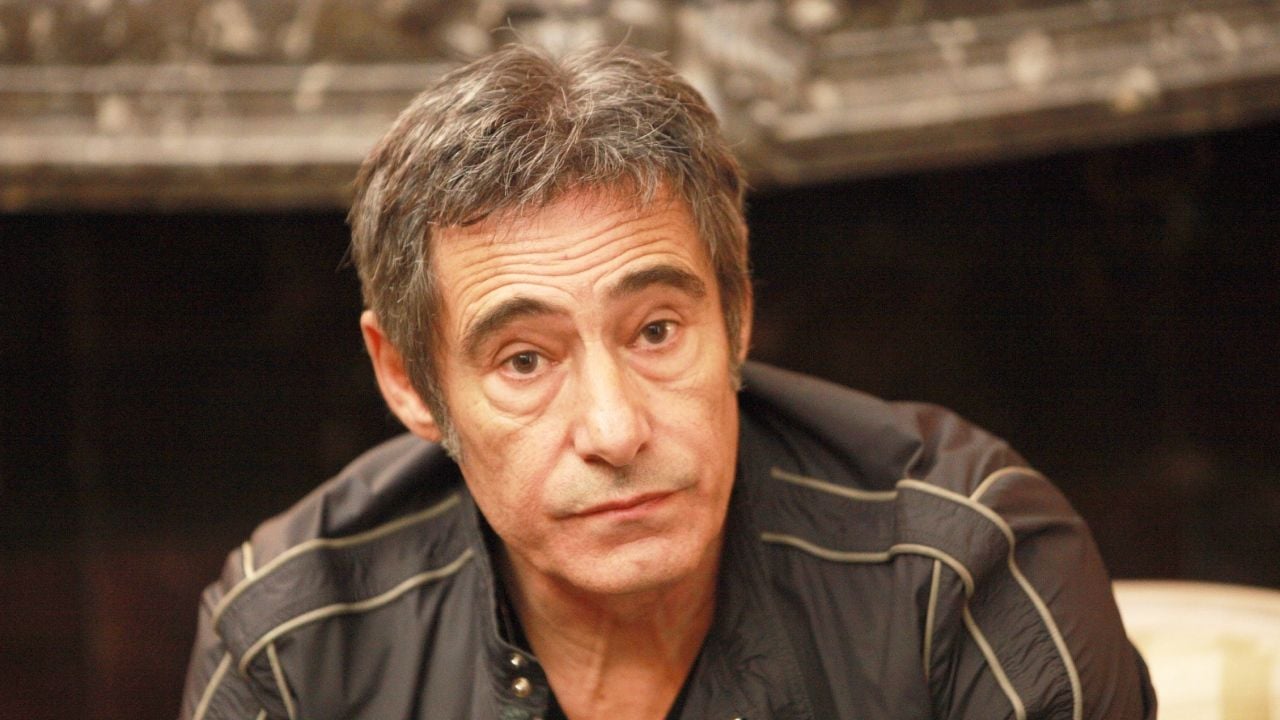Different voices approach pain from perspectives that cross intimacy, science, philosophy and spirituality; know
THE Day of the Dead invites you to stop and reflect on impermanence. November 2nd is the date on which memories take shape and literature can play the role of welcoming and helping to deal with mourning.
In the books, the Nigerian Chimamanda Ngozi AdichieBrazilians Cynthia Pereira de Araújo AND Ana Claudia Quintana Arantes and the American Mary-Frances O’Connor They seek answers to what is one of humanity’s greatest individual challenges: how to live with pain.
Notes on pain
In the book Notes on painthe Nigerian writer Chimamanda Ngozi Adichie writes an account of the pain of loss and human resilience. The work emerged after her father’s death in June 2020, at a particularly difficult time marked by the Covid-19 pandemic, which kept the Adichie family geographically distant. Far from being just a diary of sadness, the book delves into the investigation of the memory and hope that persist in those who experience the departure of a loved one.
- Publisher: Companhia das Letras (144 pages; R$ 54.90 R$ 29.90 for the e-book R$ 34.99 for the audiobook – Trans.: Fernanda Abreu)
Life after all
Union lawyer and bioethics researcher Cynthia Pereira de Araújo entries in the book Life after alla courageous and moving tale that tackles the social taboos surrounding serious illness, finitude and death. Combining personal stories, philosophical reflections, and medical and legal analysis, the author invites the public to a thorough review of how society and healthcare systems address late-stage disease and treatment decisions.
- Publisher: Oficina Raquel (180 pages; R$59.90 R$19.90 for e-book)
Death is a day worth living
Ana Claudia Quintana Arantes, one of the major references in palliative care in Brazil, reverses the logic of common sense in her best-seller Death is a day worth living. In the book, the author argues that while society teaches “the art of winning”, it fails miserably to prepare individuals for the “art of losing” possessions, people and dreams, resulting in great suffering. Ana Claudia argues that the real reason for anguish should not be death itself, but rather the possibility of reaching the end without having fully exploited the time allowed. The final objective is to transform knowing how to lose into the true art of those who have been able to fully experience what they have won. (Read also: Life lesson: the author of ‘Death is a day worth living’ recommends films and books about death)
- Publisher: Sextant (224 pages; R$54.90 R$33.24 for the e-book R$34.99 for the audiobook)
The brain of pain
American psychology researcher and professor Mary-Frances O’Connor offers an unprecedented vision of human suffering in the book The brain of painexploring the intersection of neuroscience and pain. The work aims to discover how our brain reacts to grief, providing a biological explanation for the intense swirl of emotions that accompanies loss. The neuroscientist’s analysis covers not only grief over a death, but also other significant losses, such as the end of a relationship, a layoff or limitations imposed by an illness.
- Publisher: Principium (256 pages; R$ 64.90 R$ 42.66 for the e-book R$ 39.99 for the audiobook – Trans.: Laura Folgueira)
Source: Terra
Ben Stock is a lifestyle journalist and author at Gossipify. He writes about topics such as health, wellness, travel, food and home decor. He provides practical advice and inspiration to improve well-being, keeps readers up to date with latest lifestyle news and trends, known for his engaging writing style, in-depth analysis and unique perspectives.








